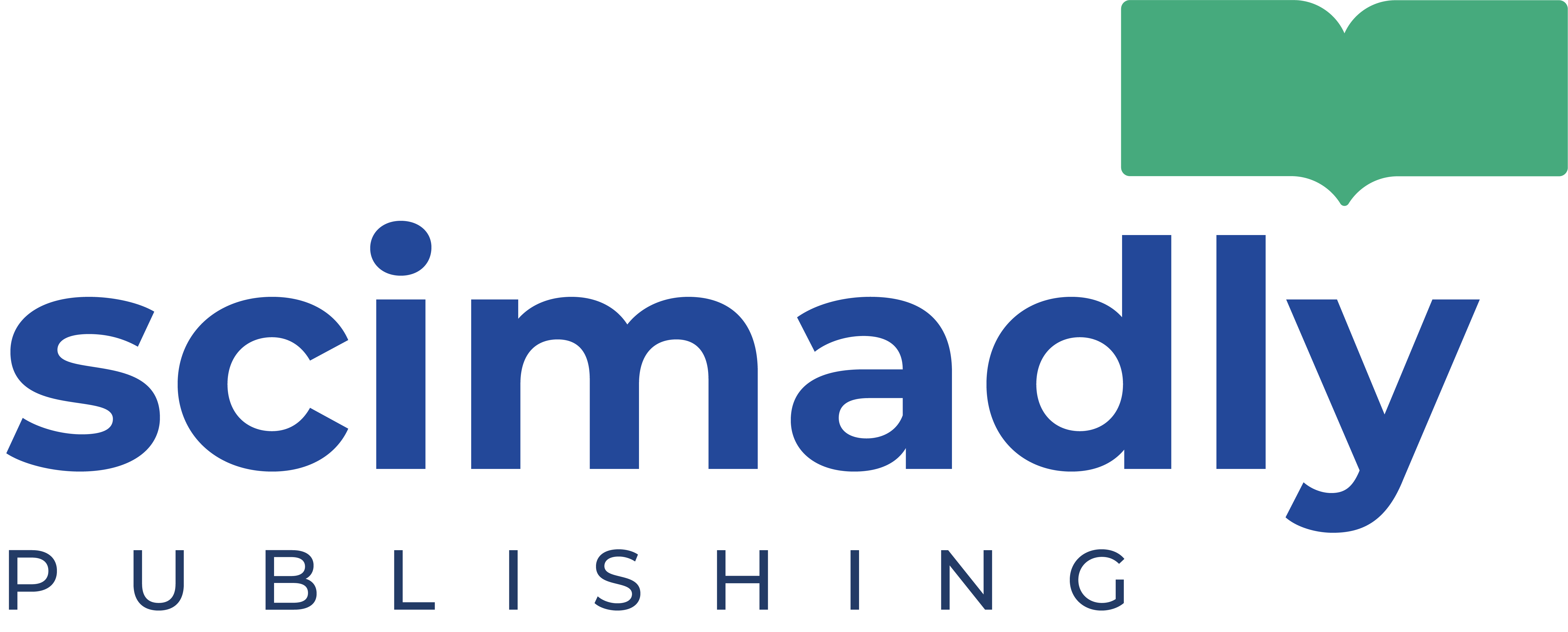Pengaruh Model Problem-Based Instructional Berbasis Blended-Learning Terhadap Hasil Belajar Siswa Ditinjau dari Kecemasan Matematis Siswa
DOI:
https://doi.org/10.55657/rmns.v2i1.102Keywords:
Problem-Based Learning, Blended-Learning, Learning Outcomes, Mathematics AnxietyAbstract
This study aims to determine the effectiveness of the problem-based instructional learning model based on blended learning on learning outcomes in terms of students' mathematical anxiety. The research was conducted at SMK Negeri 3 Gorontalo. The type of research is Quasi Experiment with treatment design by level 2 x 2 using two-way analysis test and Tukey test. The results showed that the problem-based instructional learning model based on blended learning was effectively applied to students with low mathematical anxiety. This is indicated by the learning outcomes of students who have low mathematical anxiety in problem-based instructional learning based on blended learning of 85.39, better than the learning outcomes of students who have low mathematical anxiety indirect learning, which is only 63.44. This result is also strengthened through the -test with a significant level of 5% and showing .
Downloads
References
T. Machmud, “Peningkatan Kemampuan Komunikasi, Pemecahan Masalah Matematis dan Self-Efficacy Siswa SMP Melalui Pendekatan Problem-Centered Learning dengan Strategi Scaffolding,” Bandung, 2013.
S. Slameto, Belajar dan Faktor yang Mempengaruhi. Jakarta: Rineka Cipta, 2003.
H. A. Kue, S. Q. Badu, R. Resmawan, and S. Zakiyah, “Deskripsi Hasil Belajar Matematika Siswa di SMP Muhammadiyah Tolangohula,” Research in the Mathematical and Natural Sciences, vol. 1, no. 1, pp. 39-46, 2022. doi: doi: 10.55657/rmns.v1i1.8
M. C. Borba, P. Askar, J. Engelbrecht, G. Gadanidis, S. Llinares, and M. S. Aguilar, “Blended learning, e-learning and mobile learning in mathematics education,” ZDM, vol. 48, no. 5, pp. 589–610, Aug. 2016, doi: 10.1007/s11858-016-0798-4.
T. Trianto, Mendesain Model Pembelajaran Inovatf Progresif. Jakarta: Kencana, 2016.
Kemendikbud, Surat Edaran Nomor 4 Tahun 2020 Tentang Pelaksanaan Kebijakan Pendidikan dalam Masa Darurat Penyebaran Coronavirus Disease (COVID - 19). Indonesia, 2020.
R. N. Auliya, “Kecemasan Matematika dan Pemahaman Matematis,” Formatif: Jurnal Ilmiah Pendidikan MIPA, vol. 6, no. 1, Apr. 2016, doi: 10.30998/formatif.v6i1.748.
A. Supriatna and R. Zulkarnaen, “Studi Kasus Tingkat Kecemasan Matematis Siswa SMA,” in Prosiding Sesiomadika, 2020.
E. Santoso, “Kecemasan Matematis: What and How?,” Indonesian Journal Of Education and Humanity, vol. 1, no. 1, pp. 1–8, 2021.
I. Kusmaryono and N. Ulia, “Interaksi Gaya Mengajar dan Konten Matematika sebagai Faktor Penentu Kecemasan Matematika,” Mosharafa: Jurnal Pendidikan Matematika, vol. 9, no. 1, pp. 143–154, 2020.
R. A. Rasheed, A. Kamsin, and N. A. Abdullah, “Challenges in the online component of blended learning: A systematic review,” Computers & Education, vol. 144, p. 103701, Jan. 2020, doi: 10.1016/j.compedu.2019.103701.
R. Riinawati, “Hubungan Penggunaan Model Pembelajaran Blended Learning terhadap Hasil Belajar Matematika Siswa Sekolah Dasar,” EDUKATIF: JURNAL ILMU PENDIDIKAN, vol. 3, no. 6, pp. 3794–3801, 2021, doi: https://doi.org/10.31004/edukatif.v3i6.1083.
H. Lusa, A. Adnan, and Y. Yurniwati, “Effect of Blended Learning on Students’ Learning Outcomes: A Meta-Analysis,” Jurnal Pendidikan Progresif, vol. 11, no. 2, pp. 309–325, 2021, doi: 10.23960/jpp.v11.i2.202113.
S. L. Handayani, I. G. Budiarti, K. Kusmajid, and K. Khairil, “Problem Based Instruction Berbantuan E-Learning : Pengaruhnya terhadap Kemampuan Berpikir Kritis Peserta Didik Sekolah Dasar,” Jurnal Basicedu, vol. 5, no. 2, pp. 697–705, Feb. 2021, doi: 10.31004/basicedu.v5i2.795.
M. Marnita, M. Taufiq, I. Iskandar, and R. Rahmi, “The Effect of Blended Learning Problem-Based Instruction Model on Students’ Critical Thinking Ability in Thermodynamic Course,” Jurnal Pendidikan IPA Indonesia, vol. 9, no. 3, pp. 430–438, Sep. 2020, doi: 10.15294/jpii.v9i3.23144.
Downloads
Published
How to Cite
Issue
Section
License
Copyright (c) 2023 Zulfikar Hasan, Sarson W. DJ. Pomalato, Hamzah B. Uno

This work is licensed under a Creative Commons Attribution-NonCommercial-ShareAlike 4.0 International License.












